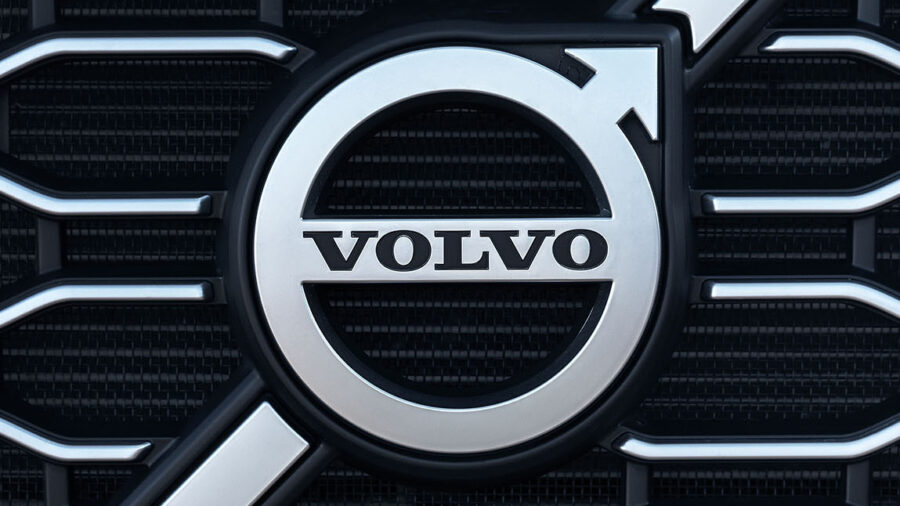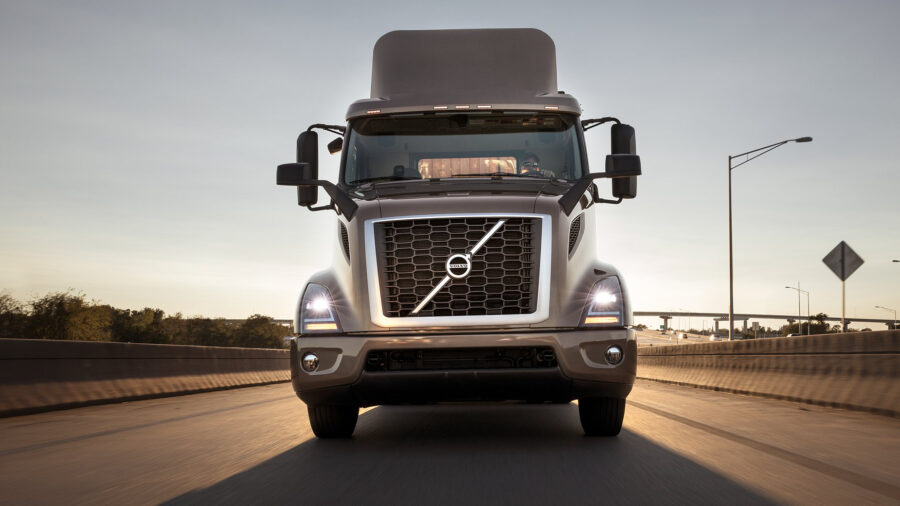Volvo Will Stop Producing Gas-Powered Cars
Volvo is going fully electric.
This article is more than 2 years old

Volvo is looking to the future, where they say buyers are no longer going to be interested in buying gas-powered cars. To better serve their customers, the company will stop selling gas-powered vehicles by the year 2030. With that goal in mind, this week they announced a new model for their line, the C40. While it’s fairly similar to their XC40, the new model is the first car from Volvo to be designed as an electric vehicle from the start, a practice they will now be making their standard.
Their move away from gas-powered cars isn’t the only change the company is making. As they move forward, if you wish to buy a Volvo, you’ll need to do so online. In fact, the new C40 is being released in 2022 and will only be available to purchase online. The company has 2,400 dealership locations worldwide. These brick-and-mortar locations will remain open for servicing vehicles and for customers to speak to a salesperson before making their online purchase.
Inspired by Tesla’s policies, future Volvo models will now also include wireless upgrades. This means that cars will be updated with the latest versions of their software. The new C40 can currently go approximately 260 miles on a single charge. It’s possible that software upgrades will increase the mileage over the course of the vehicle’s life.

The more environmentally friendly approach is part of Volvo’s overall plan for their future vehicles. This can be seen in touches both small and large. Their production is said to be more “streamlined” since the vehicles require fewer moving parts. The inside of the C40 is their first model to have no leather inside the vehicle.
Some are concerned that the more streamling process for making electric vehicles will impact the number of jobs available in the car industry. Fewer factory workers will be needed. Also, the new line of Volvos won’t require as many people making parts, like spark plugs. However, many industry experts say that these numbers will be small overall and more jobs will be created as the industry focus shifts.
What makes Volvo so sure that customers won’t want to purchase gas-powered vehicles by 2030? Well, for one thing, all the companies around them are making similar decisions. It would be hard for them to miss the way the car industry is shifting. Jaguar Land Rovers will be electric by 2030, and Jaguar will be all-electric by 2035. General Motors has also set a 2035 deadline.

Volvo is ahead of the curve with its deadline of 2030. The year of 2035 set by many of the carmakers is a deadline matched to the pace lawmakers are establishing. China is set to only produce “new energy” cars by that time. Massachusetts has issued a 2035 ban on the sale of new gas-powered cars, joining New Jersey and California. The city of Petaluma, California is attempting to stop the construction of new gas stations. The city has a population of 60,000 people. With the introduction of electric cars and 16 current gas stations, they decided that was enough.
While Volvo and other car companies are making bold moves, they only seem to be following the way the industry, politicians, and customer demand lead them. About these new changes, the Volvo Chief Executive said, “I am totally convinced there will be no customers who really want to stay with a petrol engine. We are convinced that an electric car is more attractive for customers.”












